No Products in the Cart
Chinmay Shankar, a dynamic writer and independent creative consultant in India, excels in copywriting, video production, advertising, and brand marketing. Read more
Last Updated October 25, 2025
Sleep is essential for our health and well-being, yet getting enough quality sleep often feels like a challenge. If you’re trying to improve your sleep, your diet might be a good place to start.
What you consume can greatly affect how well you sleep. In this blog post, we’ll dive into the best foods to help you sleep soundly and the ones to steer clear of before hitting the sack. With a few simple tweaks to your eating habits, you can enjoy deeper, more restful sleep every night.
Key Takeaways:

Admit it, we are all guilty of snacking before bed. There is no harm in snacking. And if the snack is high in protein and low in sugar, it can be nourishing as well as mood-lifting.
You can start with a hard-boiled egg, a piece of fruit, or a small handful of nuts. Or if you like to mix things up, then have whole-grain crackers with cheese or a small bowl of cereal with milk. Even a piece of fruit with a scoop of peanut butter would be good for your sleep and diet. Avoid sugary and processed snacks if you want to avoid restless sleep and unwanted weight gain.
Obviously, there is no one-size-fits-all answer to this question. The best snack to eat before bed can be different based on individual preferences and needs. Eating a light snack before bed can help you sleep better. Yet, there are many who find it disrupts their sleep. Experiment and see what works best for you.
There is a strong relationship between food intake and sleep quality. If you are struggling with sleep problems, then it is best to avoid certain foods that can make your insomnia worse. For example, caffeinated drinks such as coffee, tea, and soda can make it difficult to fall asleep and stay asleep. On the contrary, alcohol may help you fall asleep at first, but it will disrupt your sleep later in the night.

Heavy meals can also cause insomnia. A light snack before bed is okay, but a big meal can make it hard to sleep.
Spicy or acidic foods can give you heartburn, thus affecting your shut-eye time. Sugary foods can give you a quick burst of energy, followed by a crash. In a way, both lead to inadequate sleep.
If you have trouble sleeping, avoid these foods and drinks. Eat a light dinner, and avoid caffeine and alcohol in the evening. Try not to eat anything for at least two hours before bedtime. If you must eat something, choose a light snack that won’t disrupt your sleep.
There are a few vegetables that are thought to be good for sleep due to their high levels of nutrients. These include asparagus, Brussels sprouts, and dark leafy greens such as spinach and kale.
Asparagus and Brussels sprouts are good sources of tryptophan. Tryptophan is an amino acid that becomes serotonin in the body and helps regulate sleep. Dark leafy greens are rich in magnesium, a mineral that helps improve sleep quality. More such vegetables that may promote sleep include sweet potatoes, squash, and tomatoes.
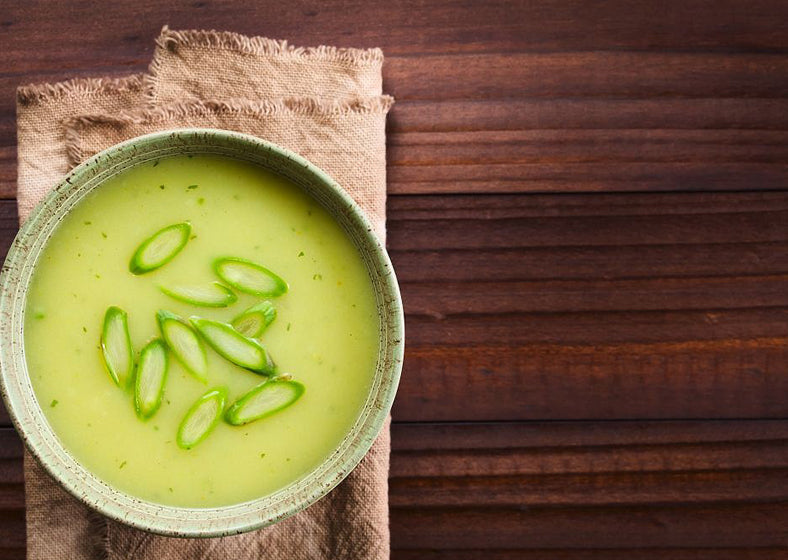
If you're looking for foods that can help you get a better night's sleep, incorporate some of these vegetables into your diet. It's important to note that everyone is different, and what works for one person may not work for another. Also, make sure that you're getting enough other nutrients that are essential for good sleep, such as protein and healthy fats.
There are a few key nutrients that have been particularly effective in promoting sleep. These include magnesium, potassium, calcium, and tryptophan. Foods rich in these nutrients include dark leafy greens, fish, nuts, seeds, and legumes.
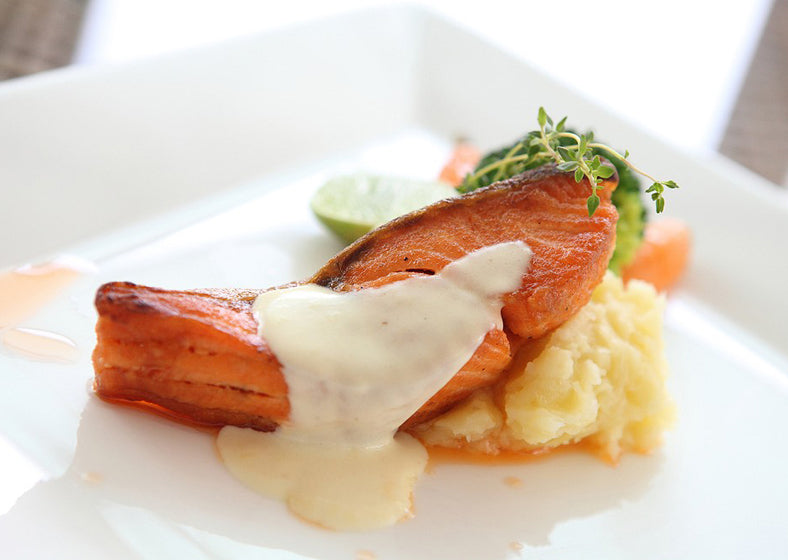
Besides, drinking herbal tea before bed can also promote sleep by helping to relax the body and mind. If you eat a light snack that includes some carbohydrates, then that increases levels of serotonin-inducing sleep.
Let's look at some of the best foods that help you sleep:
1. Dairy products: Dairy products like milk and yogurt contain high levels of calcium. Calcium helps to relax muscles.
2. Bananas: Bananas are a great source of magnesium. Known to help with insomnia.
3. Tryptophan-rich foods: Foods like turkey and salmon contain tryptophan. An amino acid that induces sleepiness.
4. Carbohydrates: Complex carbohydrates like whole grains can increase serotonin levels in the brain. Good for sleep.
5. Herbal teas: Herbal teas like chamomile and lavender tea can help you relax.
These are some of the many foods that can help promote sleep. If you are having trouble sleeping, try incorporating some of these into your diet.
Many different drinks can help you sleep faster and more soundly. Some people swear by chamomile tea, while others find warm milk to be helpful. There are even some specialty drinks on the market that are specifically designed to help you sleep better. Whatever you choose to drink, make sure it is caffeine-free so that it doesn’t keep you up all night.
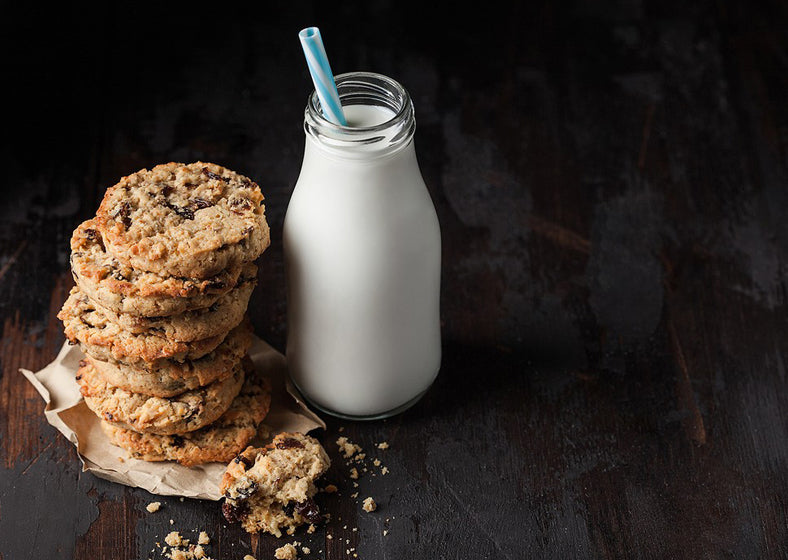
Some people find that they sleep better when they drink a glass of water before bed. This can help you, too, by preventing you from waking up in the middle of the night feeling thirsty.
In general, it is best to avoid alcohol before bed. Although it may make you feel drowsy at first, as opposed to myths, alcohol disrupts your sleep patterns. Drinking too much alcohol can lead to feeling tired and cranky the next day. And if you do want to drink something alcoholic, try to do so earlier in the evening. By the time you go to bed, the effects might wear off a bit, if not completely.
For teetotalers and fitness fanatics, fruits are the best thing ever. Especially fruits that contain high levels of melatonin. Melatonin is a hormone that helps regulate your sleep cycle. Some good options for such fruits could be cherries, bananas, and kiwis.
One of the few natural food sources of melatonin, eating a handful of cherries daily can help regulate your body’s sleep-wake cycle. You can munch on them, or you can juice and mix. A small study found that people who drank eight ounces of tart cherry juice twice daily for two weeks slept an average of almost 90 minutes more per night than they did before drinking the juice.
Almonds contain magnesium, a mineral that plays a role in muscle relaxation. Older adults who take magnesium supplements sleep better. They wake up less often during the night than those who didn’t take the supplement, a study has claimed.
Like almonds, walnuts are a good source of magnesium too. They also contain tryptophan, an amino acid that helps your body produce serotonin, a hormone that promotes sleep.
Bananas are rich in potassium and magnesium, two minerals that can help promote muscle relaxation. They are also rich in tryptophan, so there you go, sleep lovers. Much on 'em!
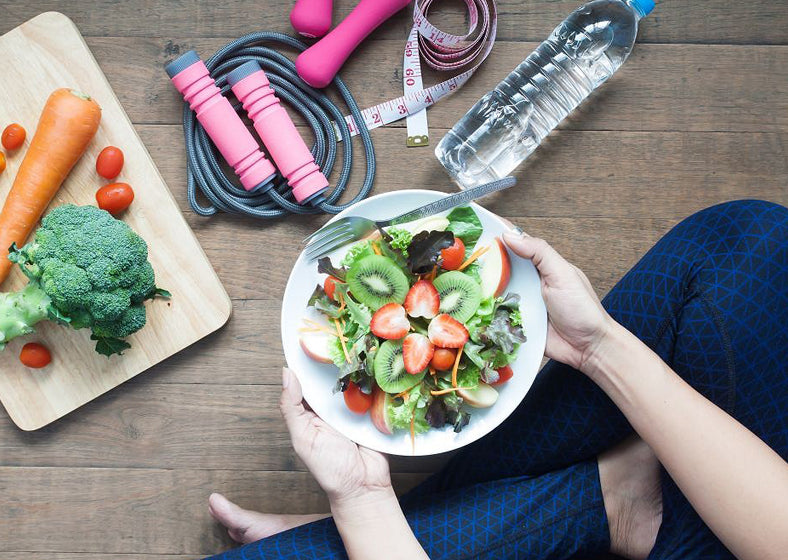
Kiwis are also a good option, too, as they contain serotonin and act as a natural laxative. Constipation and bad bowel movements are also among the primary causes of insomnia. To avoid it, you need to include a lot of fiber in your diet.
You can also have dark leafy greens, pumpkin seeds, and yogurt for a good amount of fiber, calcium, and iron; all of them are good for the bowels, muscles, and bones.
There are a variety of dietary nutrients that help you sleep better. Here are some of the most important ones:
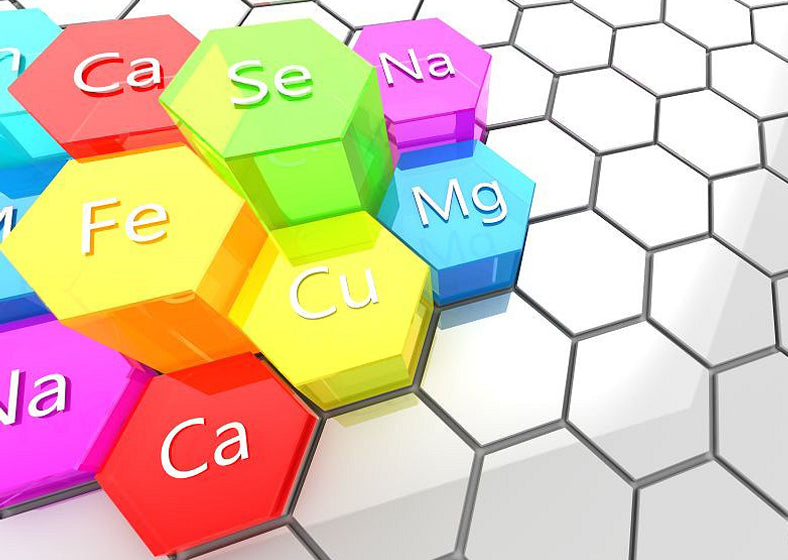
Magnesium is a mineral that's involved in hundreds of biochemical reactions in your body. The most important ones are those that help you relax and fall asleep. Magnesium deficiency is common and can be a major contributing factor to insomnia.
Calcium is another mineral that's essential for proper sleep. It helps to regulate the release of melatonin, a hormone that promotes sleep. Calcium deficiency has been linked to difficulty falling asleep and waking up frequently during the night.
Vitamin B6 is involved in the production of melatonin. It's also needed for the proper function of GABA, a neurotransmitter that helps to promote sleep. Vitamin B6 deficiency has also been linked to insomnia.
Vitamin D is involved in calcium absorption and is necessary for bone health. It's also been shown to play a role in regulating sleep and wakefulness. Vitamin D deficiency is common, especially during the winter months. Its lack can lead to insomnia and depression.
Omega-3 fatty acids are essential for good health. They've been shown to improve sleep quality and duration, as well as reduce symptoms of depression and anxiety. Omega-3 deficiency is common and can be a major contributing factor to insomnia.
Getting adequate amounts of these vitamins and minerals is essential for good sleep and overall health.
There are a variety of herbs that can be effective in promoting sleep. Some of the most used and well-known herbs for this purpose are chamomile, lavender, valerian, and passionflower. You can consume these herbs in a variety of ways, including in tea form or in capsules and extracts.
In general, chamomile is considered one of the safest herbs. It has been used for centuries for these purposes and is generally well-tolerated by most people. Chamomile tea is often consumed before bedtime as a way to promote sleepiness.
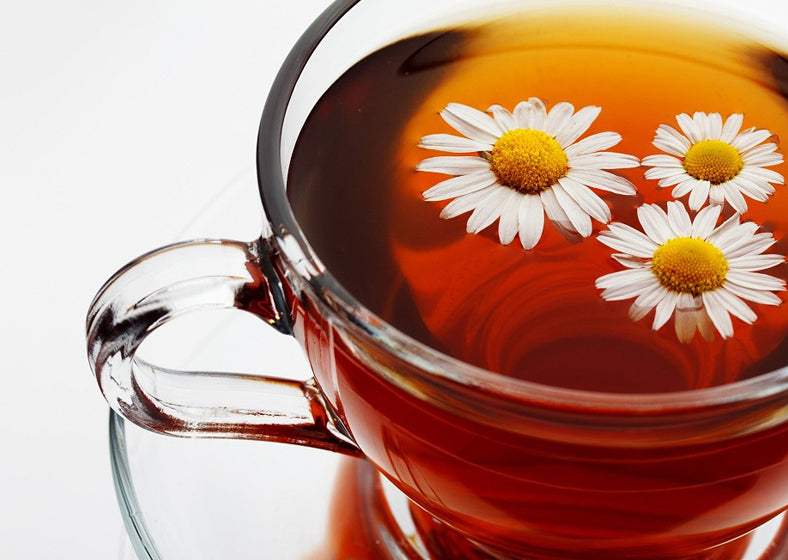
Lavender is another popular herb for promoting sleep and relaxation. The scent of lavender is often used in aromatherapy as a way to promote calm and relaxation. Lavender can also be consumed in tea or capsule form.
Valerian is another herb that has been traditionally used for promoting sleep. It is generally well-tolerated, but too much of it can cause some side effects, including headaches, an upset stomach, and dizziness.
Passionflower is an herb that is sometimes used for anxiety and stress relief. But consider its side effects, which are similar to those of valerian.
Herbs are generally safe when used in small amounts, but it is important to speak with a healthcare provider before using any herbal remedy, especially if you are pregnant or nursing, have any medical conditions, or are taking any medications.
There are a variety of home remedies that can help you sleep. Some people find that drinking chamomile tea before bed helps them relax and drift off to sleep more easily. Others find that taking a warm bath or shower before bedtime helps them relax and prepare for sleep.
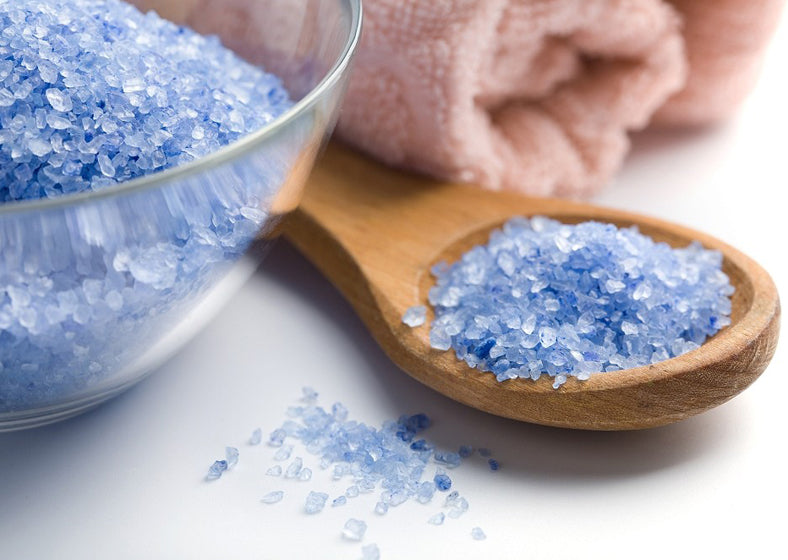
Adding some lavender to your pillow or diffusing lavender essential oil in your bedroom can also help you relax and prepare for sleep. Taking a hot bath with Epsom salt or magnesium flakes can also be soothing and promote better sleep.
What you eat and drink plays a bigger role in your sleep than most people realize. Choosing foods rich in magnesium, calcium, potassium, and tryptophan, along with natural sources of melatonin like cherries, bananas, and nuts, can make falling and staying asleep easier. Pair these with soothing drinks like chamomile tea or warm milk, and avoid caffeine, alcohol, and heavy meals before bed.
Some people also find it helpful to create a sleep routine, such as reading or listening to calming music before bed each night. Others find it helpful to avoid watching television and working on the computer in the hours leading up to sleep.
Good sleep starts with mindful choices. A balanced diet and a relaxing bedtime routine can help your body unwind naturally, leading to a good night's rest with much better sleep quality.
Go for foods rich in magnesium, calcium, potassium, and tryptophan. They're all known to support relaxation and healthy sleep cycles. Think leafy greens, nuts, seeds, bananas, dairy, and fish. A light evening snack like yogurt with fruit, whole-grain crackers with cheese, or a banana with peanut butter can also help you sleep more soundly.
Avoid caffeine, alcohol, and heavy or spicy meals close to bedtime. They can interfere with your sleep quality and make it harder to fall or stay asleep.
Chamomile tea is a classic. It’s caffeine-free and naturally calming. Lavender or valerian root tea can also ease tension. If you prefer something simple, try a glass of warm milk. It contains tryptophan and calcium, both known to support sleep. Tart cherry juice is another good option. It’s one of the few natural sources of melatonin, the hormone that regulates your sleep cycle.
Cherries are one of the best sources, especially tart cherries. Bananas, kiwis, and grapes also contain small amounts of melatonin and other nutrients that support sleep. You’ll also find melatonin in nuts like almonds and walnuts, along with tomatoes and oats. These foods don’t just raise melatonin; they also provide magnesium and tryptophan, which help your body relax.
Related blog posts:
1. What to Do When You Can’t Sleep?
2. How to Increase Deep Sleep?
4. How to Fall Back in Love With Sleep
5. Transforming Your Bed Into a Sleep Sanctuary
Disclaimer: What is said in this article has been referenced from multiple sources and is intended only for educational and informational purposes. Please note that no content in this article is a substitute for professional advice from a qualified doctor or healthcare provider. Always consult an experienced doctor with any concerns you may have regarding a health condition or treatment, and never disregard any medical suggestions or delay in seeking treatment because of something you read here.
Notify me when available
We will send you a notification as soon as this product is available again.
We don't share your email with anybody


